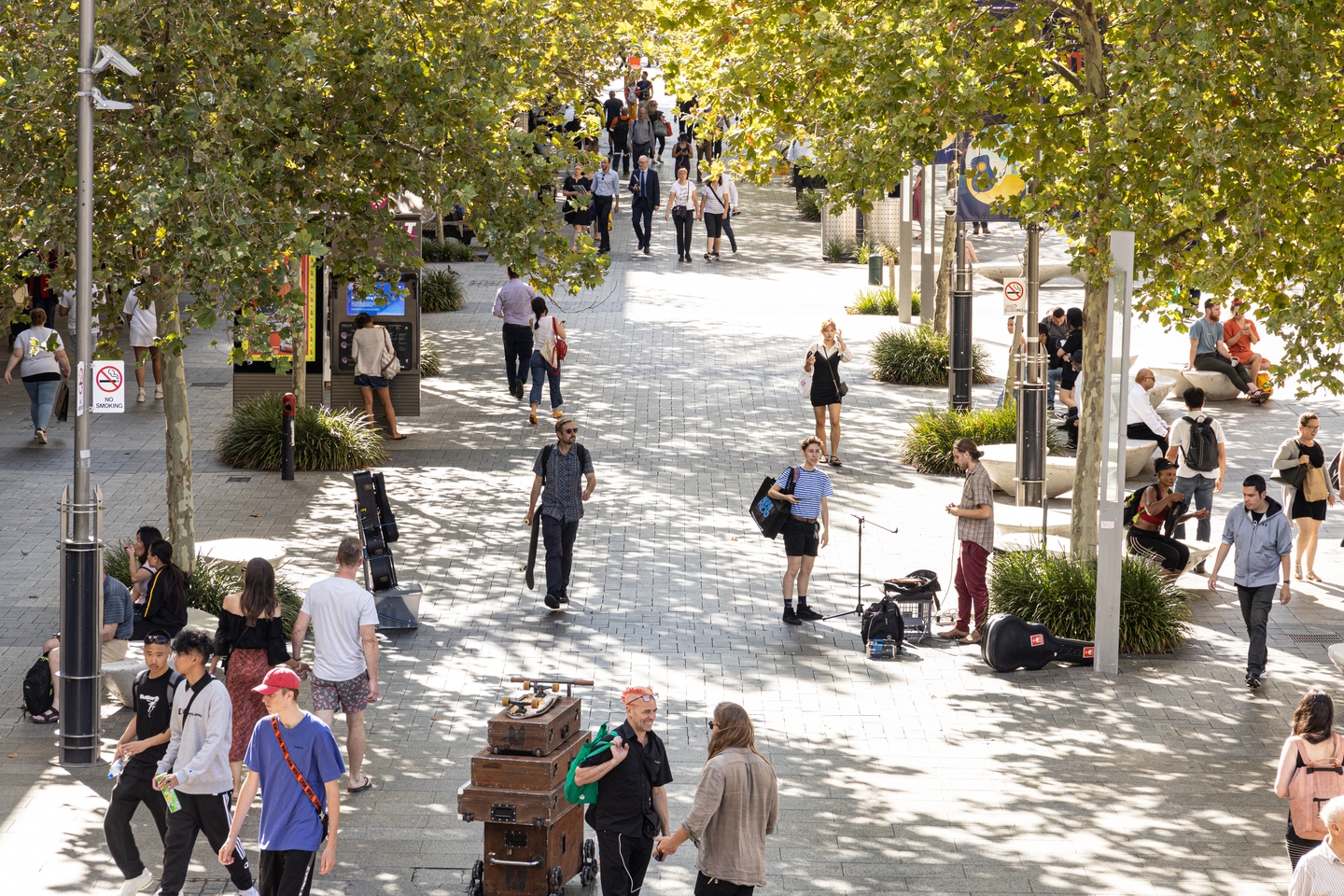With the extended Christmas shopping hours already announced, there is momentum to push for permanent retail reform.


During a radio interview on November 9, 2020, Lord Mayor Basil Zempilas flagged his desire for expanded CBD shopping hours and identified the ‘competitive advantage’ it would bring the City of Perth.
It is not uncommon to see self-interested politicians call for special treatment of their own constituency, even if that treatment causes detriment to others. No area should be afforded special preference at the expense of another. Governments picking winners and losers distorts markets, creates inefficiencies, and forces the losers to subsidise the winners.
With the extended Christmas shopping hours already announced, there is momentum to push for permanent retail reform. What WA needs is universal, state-wide deregulation, not just in the CBD at the behest of a high-profile Mayor.
Retail trading reform has consistently been met with resistance by lobby groups. The main source of opposition comes from the Shop Distributive and Allied Employees Association. The union’s secretary Peter O'Keeffe has stated employees do not want more shopping hours. In addition, the SDA and the WA Independent Grocers Association, argue allowing shoppers and stores more trading hours flexibility will threaten small businesses.
These arguments aren’t based in fact and are not experienced in other cities. It defies basic economics and denies society choice. It is time to remove the protectionist rhetoric from the shopping hours debate and advocate for the benefits reform will have for employment, consumers and shop-owners in our state.
Currently, over 125,000 Western Australians are underemployed. Such workers, often students and single parents, frequently lack the requisite work hours necessary to make ends meet and would be considerable winners under full deregulation. The suggestion deregulation will significantly hurt small business is not true. Academic studies suggest only highly inefficient independent stores are negatively affected. WA’s Economic Regulation Authority (ERA) found small retail business participation rates of around 90 percent in both regulated and deregulated states.
Further, unregulated trading allows small retailers to compete with their online rivals who trade 24 hours per day. Commerce Minister John Quigley is aware of this. In announcing the Christmas period trading hours, the minister declared his intent for the eased restrictions to aid small businesses in their competition with online competitors. If the government are aware of such advantages, why make them temporary?
The consumer benefits of deregulation are well established and supported by a range of comprehensive studies and independent expert reports from the Federal Productivity Commission, ERA, and the 2015 ‘Harper Review’. All three have publicly declared full support for total deregulation excluding Christmas Day, Good Friday, and the morning of ANZAC Day.
A University of Western Australia report found totally deregulating shopping hours is in WA consumers’ best interests due to greater flexibility and choice, as well as improved efficiency and lower prices. Further, the ERA outlined the increase in FIFO, dual income, and single-parent households over the decades mean consumers now find it more difficult to shop within traditional hours.
The ERA also found Perth’s shopping hours unpopular with 46 percent of citizens. This is consistent with findings in other states of equally split support for deregulation pre-reform, followed by overwhelming support for deregulation post-reform.
The COVID-19 pandemic has hit all aspects of the economy, but few were harder hit than the retail sector. Policies encouraging consumption and expanding employment opportunities are needed today more than ever. The looming state election presents a golden opportunity for retail deregulation. Policy which helps workers, consumers, and businesses together is rare. All WA now needs is a party to push the agenda.
- Shane Herbst is a research analyst at Mannkal Economic Education Foundation.












